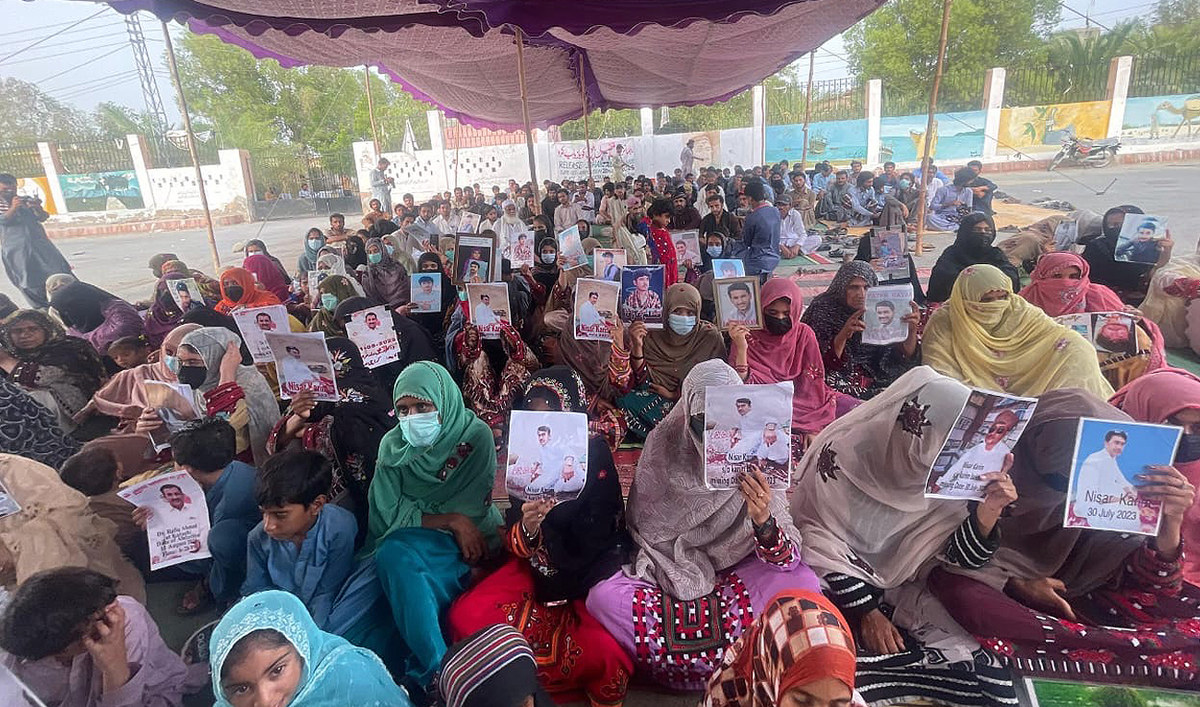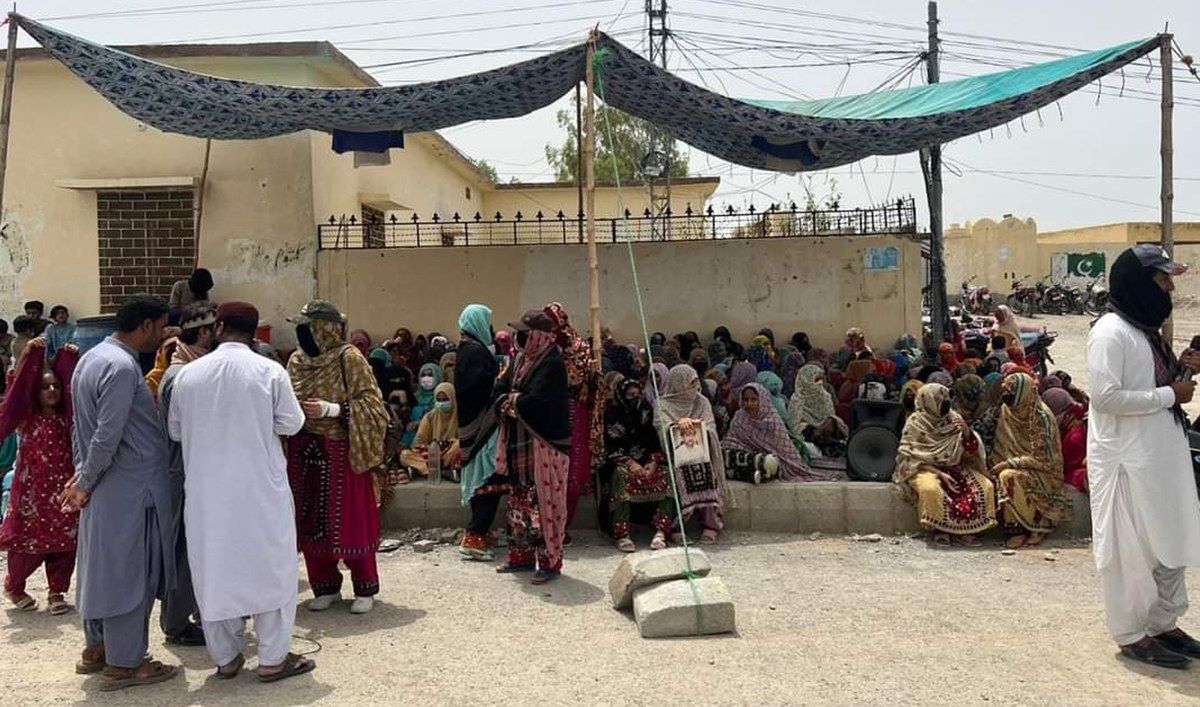ISLAMABAD: A strike by Pakistani flour millers due to a dispute with the government over the imposition of new taxes on sales entered its second day on Friday, threatening flour shortages in parts of the South Asian country.
Hundreds of mills across Pakistan went on strike on Thursday on a call by the Pakistan Flour Mills Association (PFMA), which represents over 900 mills, against a new 5.5 percent withholding tax imposed on the sales of flour mills in the federal budget for fiscal year 2024-25, which came into effect on July 1.
The PFMA says the government has also directed flour mills to collect another 2.5 percent withholding tax on the sale of essential commodities to retailers (non-filers) and 2 percent from wholesalers (non-filers). The association says millers also now have to collect 0.5 percent withholding tax on the sale of flour from retailers (filers) and 0.10 percent tax from wholesalers (filers).
“We are observing a nationwide strike against the government for imposing taxes and making flour millers tax collection agents,” Javed Yusuf, a former PFMA chairperson, told Arab News.
“Our strike will continue till the government accepts our demand of withdrawal of all taxes levied in the budget.”
Yusuf said around 1,600 flour mills, which directly employed some 4,000 workers, were shut across Pakistan:
“We cannot collect taxes on behalf of the FBR, it’s not our job,” he added.
The strike takes place as Pakistan navigates a tricky path to economic recovery amid double-digit inflation and a deepening macroeconomic crisis. The South Asian country has been scrambling to secure foreign investment from friendly nations and a bailout from the IMF in a bid to keep its fragile $350 billion economy afloat.
The tax-laden budget with a tax revenue target of Rs13 trillion ($46.66 billion) for the current fiscal year, up about 40 percent from the previous one, has been rejected by almost all major trade bodies and opposition parties. Pakistan’s government has taken the unpopular measures amid negotiations with the IMF, which has made tax reforms and increasing revenue a major precondition for a fresh loan program.
There are 1,725 flour mills in Pakistan and the daily national flour consumption stands at around 45,000 tons, according to the PFMA.
The ongoing strike has already halted flour supply to grocery stores across Punjab, the country’s most populous province, and market stocks are expected to last only one week.
Pakistan flour millers’ strike over withholding tax enters second day, threatening shortages
https://arab.news/md82m
Pakistan flour millers’ strike over withholding tax enters second day, threatening shortages

- Budget for fiscal year 2024-25 imposed 5.5% withholding tax on sales of flour mills
- Around 1,600 flour mills employing some 4,000 workers are shut across Pakistan





















